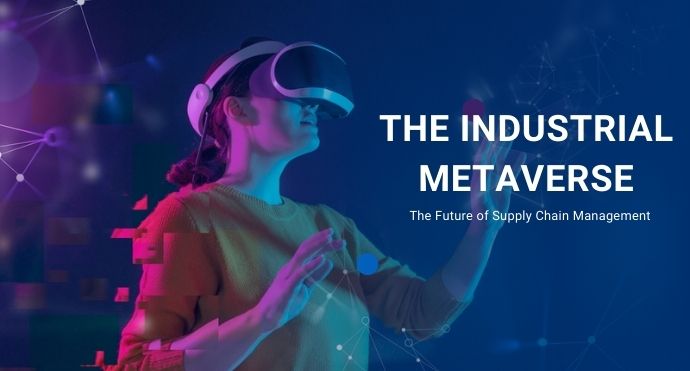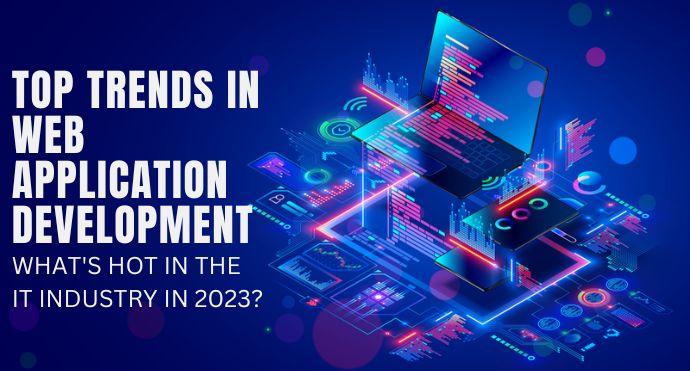The concept of the metaverse, a virtual shared space where physical and digital worlds converge, is rapidly expanding beyond the realm of entertainment and into the realm of industry. In this article, we will explore the emergence of the industrial metaverse and its potential to revolutionize supply chain management. By leveraging immersive technologies, real-time data, and interconnected systems, the industrial metaverse promises to enhance efficiency, transparency, and collaboration across the entire supply chain.
The Rise of the Industrial Metaverse:
The industrial metaverse combines technologies such as augmented reality (AR), virtual reality (VR), artificial intelligence (AI), and the Internet of Things (IoT) to create a virtual representation of the physical supply chain. According to recent market research, the global market for augmented and virtual reality in enterprise applications is projected to reach $77.7 billion by 2026, showcasing the growing interest and investment in these technologies.
Enhanced Supply Chain Visibility and Transparency:
One of the key benefits of the industrial metaverse is the ability to provide real-time visibility and transparency throughout the supply chain. By integrating IoT sensors, RFID tags, and AI-powered analytics, businesses can track and monitor inventory, assets, and logistics operations in real-time. This enhanced visibility enables proactive decision-making, reduces the risk of disruptions, and improves overall supply chain performance.
Comparing the benefits of supply chain visibility in the traditional approach vs. the industrial metaverse approach.
| Metrics | Traditional Approach | Industrial Metaverse Approach |
| Real-time Visibility | Limited | Enhanced |
| Transparency | Partial | Full |
| Risk Mitigation | Reactive | Proactive |
Efficient Collaboration and Remote Assistance:
The industrial metaverse facilitates efficient collaboration among stakeholders by enabling real-time communication and remote assistance. Through AR-enabled devices, workers can access contextual information, receive remote guidance, and troubleshoot issues in real-time. This not only improves productivity but also reduces the need for physical travel, saving time and costs associated with on-site visits.
Data-driven Decision-making:
With the integration of real-time data from various sources within the industrial metaverse, supply chain managers can make data-driven decisions for optimization and continuous improvement. Advanced analytics and AI algorithms can process large volumes of data to identify patterns, predict demand fluctuations, optimize inventory levels, and streamline logistics routes. This data-driven approach empowers organizations to optimize efficiency, reduce waste, and respond quickly to market changes.
Conclusion:
The industrial metaverse represents a paradigm shift in supply chain management, offering enhanced visibility, transparency, collaboration, and data-driven decision-making. As businesses embrace immersive technologies and interconnected systems, the potential for transforming supply chain operations is immense. Staying informed about the latest developments and leveraging the capabilities of the industrial metaverse will be crucial for organizations to gain a competitive edge in the evolving global marketplace. By embracing this futuristic approach, supply chains can become more efficient, resilient, and responsive to the demands of the digital age.



